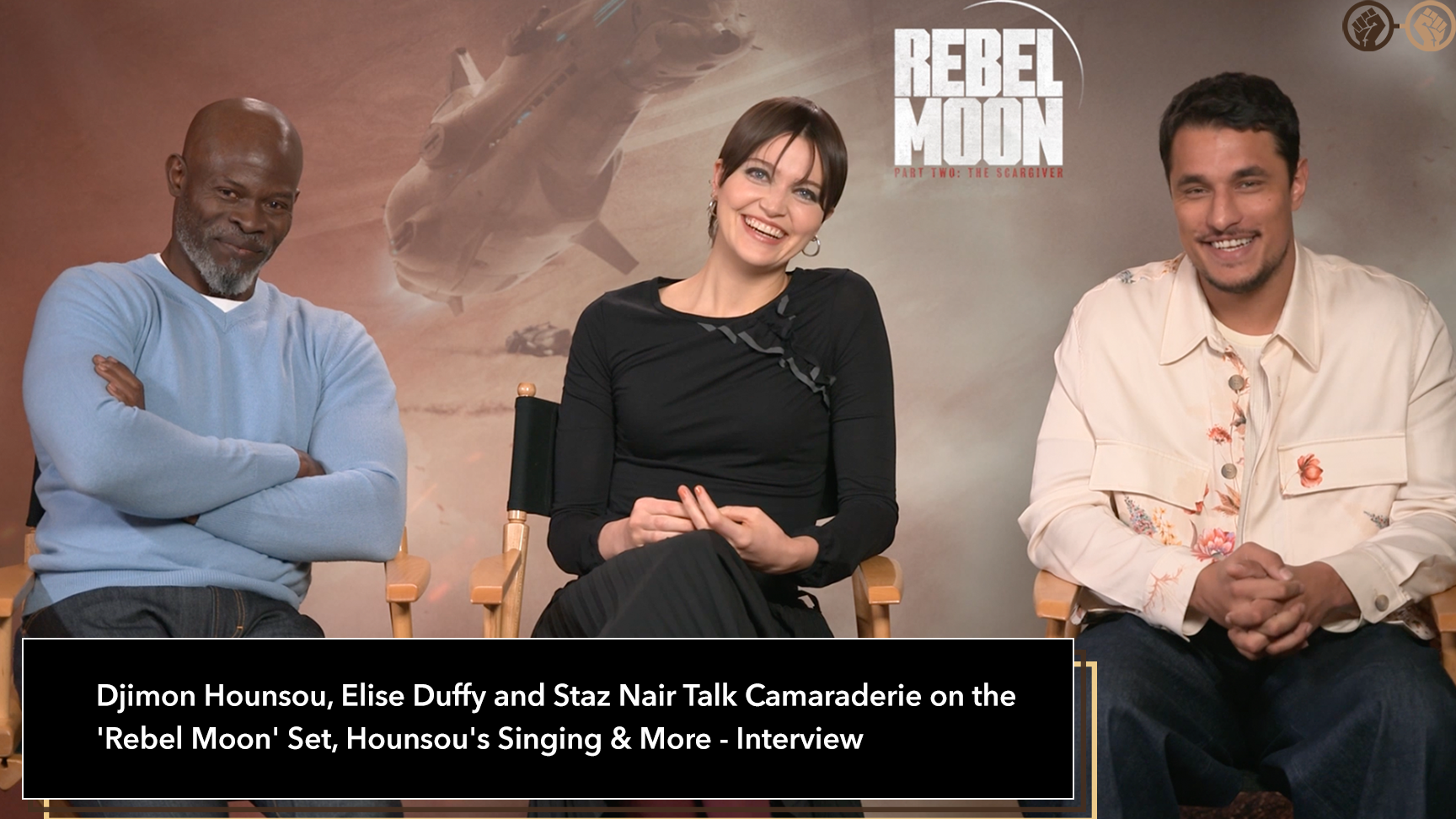
Music streaming service Spotify has sparked controversy by introducing new policies regarding Hate Content and Hateful Conduct. The change has generated a massive buzz in the media and on the Internet, as two well-known artists appeared to be the first to be assigned punishment under the new standards – controversial R&B singer R. Kelly (plagued by rumors of relationships with underage females and “sex cult” activity) and rapper XXXTentacion (currently facing charges of domestic abuse, false imprisonment, and witness tampering). Spotify’s policies can be summarized into the following highlights (their full versions can be found on Spotify’s website):
- Spotify considers hate content to be, “content that expressly and principally promotes, advocates, or incites hatred or violence against a group or individual based on characteristics, including, race, religion, gender identity, sex, ethnicity, nationality, sexual orientation, veteran status, or disability”. Hateful conduct is consider to have occured, “when an artist or creator does something that is especially harmful or hateful (for example, violence against children and sexual violence), it may affect the ways we work with or support that artist or creator.”
- When Spotify is alerted to content that violates their new policies, they may remove it (in consultation with the artist and/or rights holders) or refrain from promoting or playlisting it on the service. Playlist removal is the punishment choice that was applied to R. Kelly and XXXTentacion and may prove to be an effective method of reducing the visibility of the artist’s music.
- At the same time, however, it’s important to remember that cultural standards and sensitivities vary widely. There will always be content that is acceptable in some circumstances, but is offensive in others, and we will always look at the entire context.
The immediate concern about these policies is how they will be enforced. Removing artist music from the service or from playlists has a direct impact to the dollars that go into their pockets, so we can expect a high degree of scrutiny from both artists and their fans when a punishment occurs. In response to their punishment, XXXTentacion’s team sent Spotify leadership a list of artists that have also violated the new policies but have recieved no punishment to date. We expect more examinations of this type.
Spotify emphasizes that it’s important to the company that its values are reflected in all the work that they do, so to help them ensure that there is parity in what is impacted by the new policies, they have partnered with a variety of civil rivil rights groups. This partnership includes The Southern Poverty Law Center, The Anti-Defamation League, Color Of Change, Showing Up for Racial Justice (SURJ), GLAAD, Muslim Advocates, and the International Network Against Cyber Hate. Together, this group is mandated to identify “hateful content”, along with an internal tool that Spotify has custom-built to provide monitoring.
Users are still encouraged to report content themselves, using this link. which should also trigger a review by Spotify, against their policies.
Do you agree with Spotify’s new hate policies? Share your thoughts with us, in the comments!





Leave a Reply